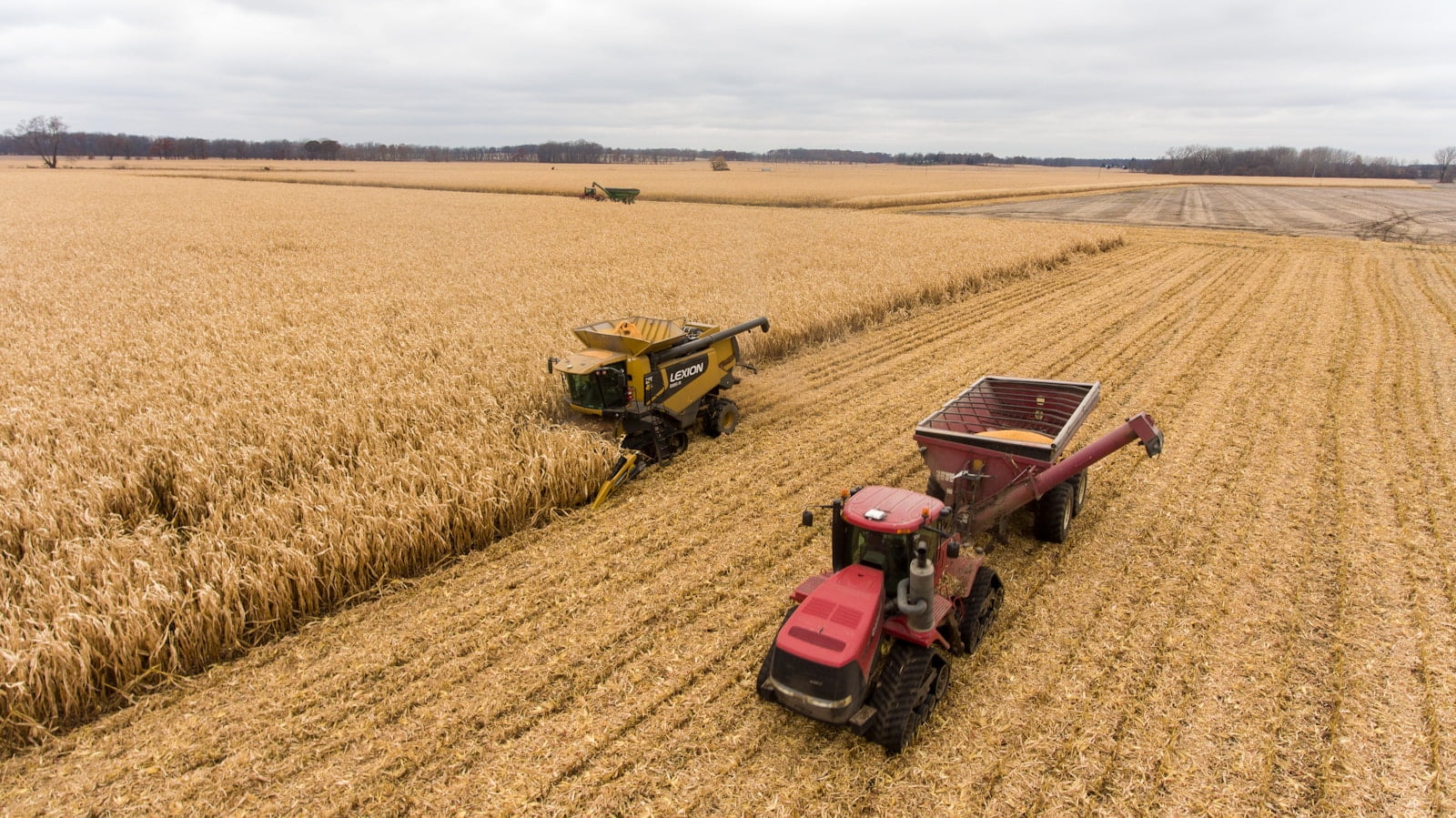Many groundbreaking tools and machinery are reshaping the landscape of agriculture as we know it. From autonomous tractors to drone technology, these innovative advancements are taking farming to new heights. In this blog post, we will explore ten of the most revolutionary tools that are enhancing efficiency, productivity, and sustainability in the agricultural sector. Stay tuned to learn about the cutting-edge technology that is driving the future of modern agriculture.
Key Takeaways:
- Drones: Drones are revolutionizing agriculture by providing farmers with real-time data on crop health, moisture levels, and pest infestations.
- Precision Agriculture: Tools like GPS systems and sensors are helping farmers increase productivity and reduce waste by precisely managing inputs such as water and fertilizers.
- Robotic Harvesters: Automated machinery such as robotic harvesters are improving efficiency and reducing labor costs in agriculture, especially during peak harvesting seasons.
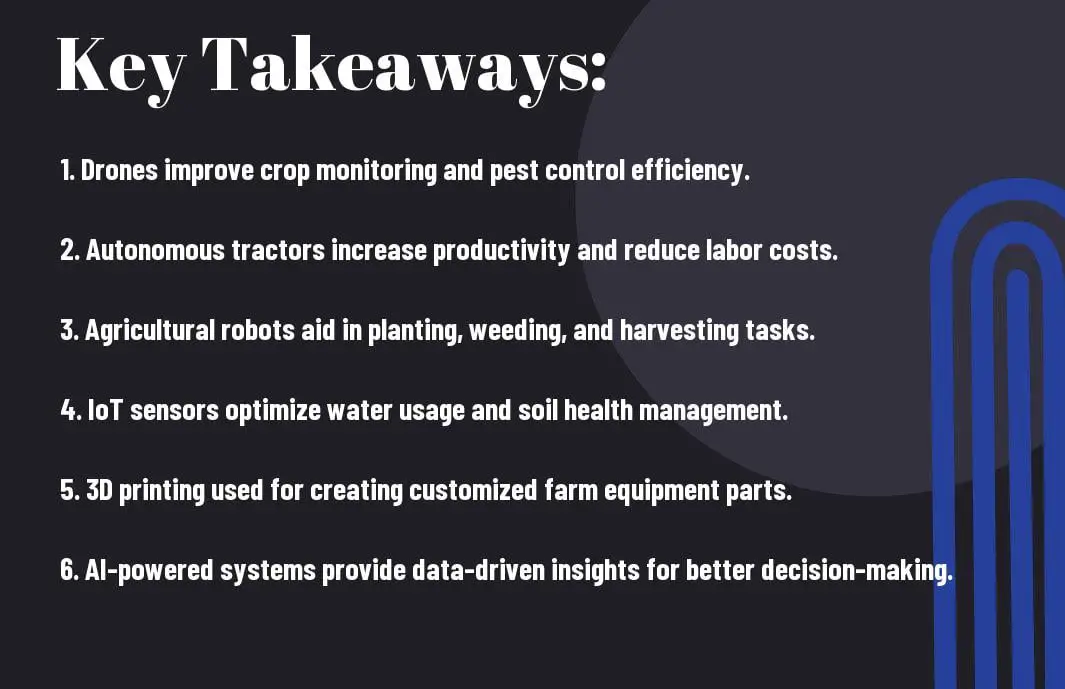
Precision Agriculture Technologies
While agriculture has been an necessary part of human civilization for centuries, technological advancements have transformed the industry in recent years. Precision agriculture technologies have revolutionized the way farmers operate, enabling them to optimize resources and increase yields like never before.
GPS and GIS-based Applications
The integration of GPS (Global Positioning System) and GIS (Geographic Information System) technologies has significantly enhanced precision agriculture practices. GPS-based applications allow farmers to precisely map field boundaries, track planting patterns, and monitor crop health with unparalleled accuracy. By overlaying this data with GIS software, farmers can analyze spatial information to make informed decisions about irrigation, fertilization, and pest control.
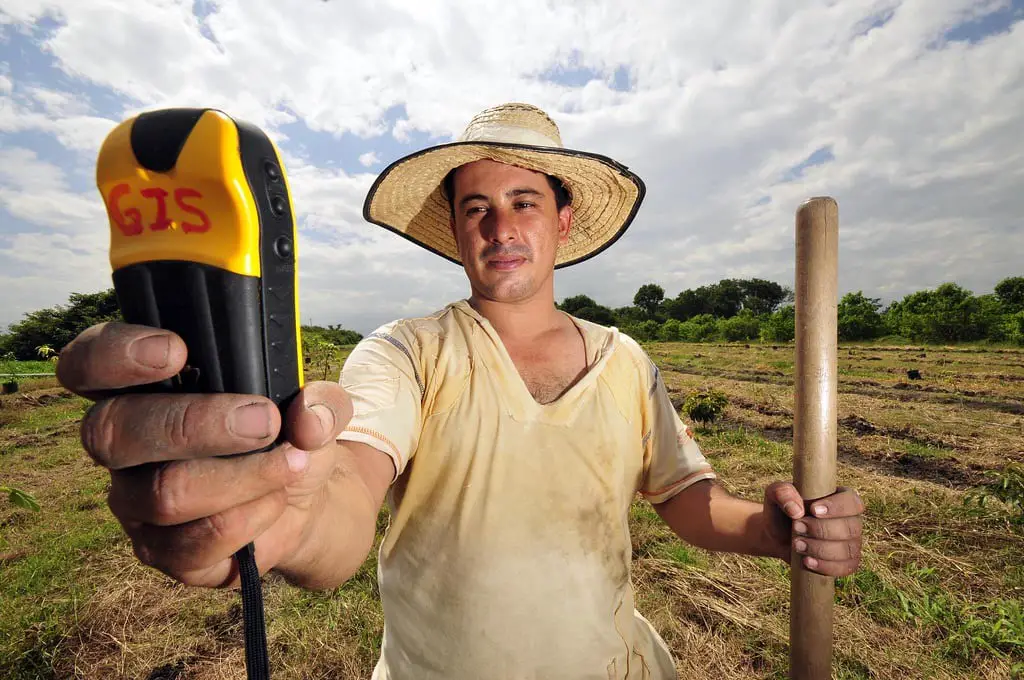
The utilization of GPS and GIS-based applications has proven to maximize productivity while minimizing waste in agriculture. Farmers can create customized treatment zones within their fields, resulting in targeted application of resources and reduced environmental impact. This technology has paved the way for sustainable farming practices that are both efficient and environmentally friendly.
Drone Monitoring and Analysis
The use of drones for monitoring and analyzing crops has rapidly gained popularity in the agricultural sector. Drones equipped with advanced sensors and cameras can capture high-resolution images of fields, providing valuable insights into crop health and growth. Farmers can identify areas that require attention, such as pest infestations or nutrient deficiencies, allowing for swift and targeted interventions to optimize crop yield.
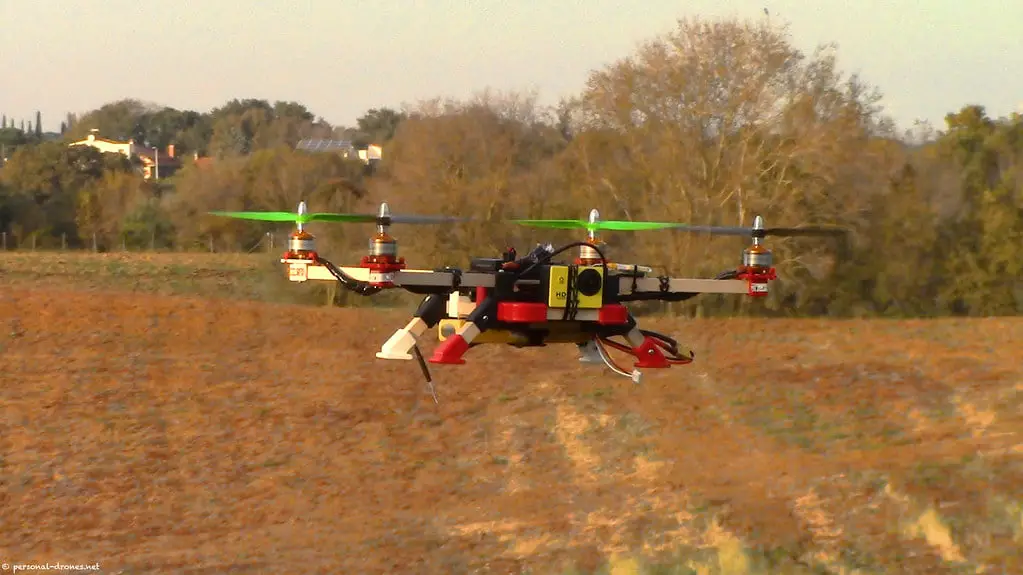
Drone monitoring and analysis have revolutionized crop management by enabling farmers to make data-driven decisions in real time. By leveraging aerial imagery and data analytics, farmers can implement precision agriculture practices with unprecedented efficiency. This technology not only increases productivity but also allows for early detection of issues, ultimately leading to improved crop health and higher yields.
Agriculture is entering a new era with precision agriculture technologies at the forefront. By harnessing the power of GPS, GIS, and drones, farmers can navigate the complexities of modern agriculture with greater ease and efficiency. These innovative tools are reshaping the industry, paving the way for a more sustainable and productive future in farming.
Autonomous and Semi-autonomous Machinery
The use of autonomous and semi-autonomous machinery in agriculture has transformed the way farming is done. These innovative technologies have increased efficiency, reduced labor costs, and improved overall productivity on farms.
Self-Driving Tractors
With the advancement of technology, self-driving tractors have become a reality in modern agriculture. These tractors are equipped with GPS systems and sensors that allow them to navigate fields, plow, sow seeds, and harvest crops without human intervention. They can work day and night, increasing the speed and accuracy of farming operations. Farmers can monitor the progress of these tractors remotely, making adjustments as needed.
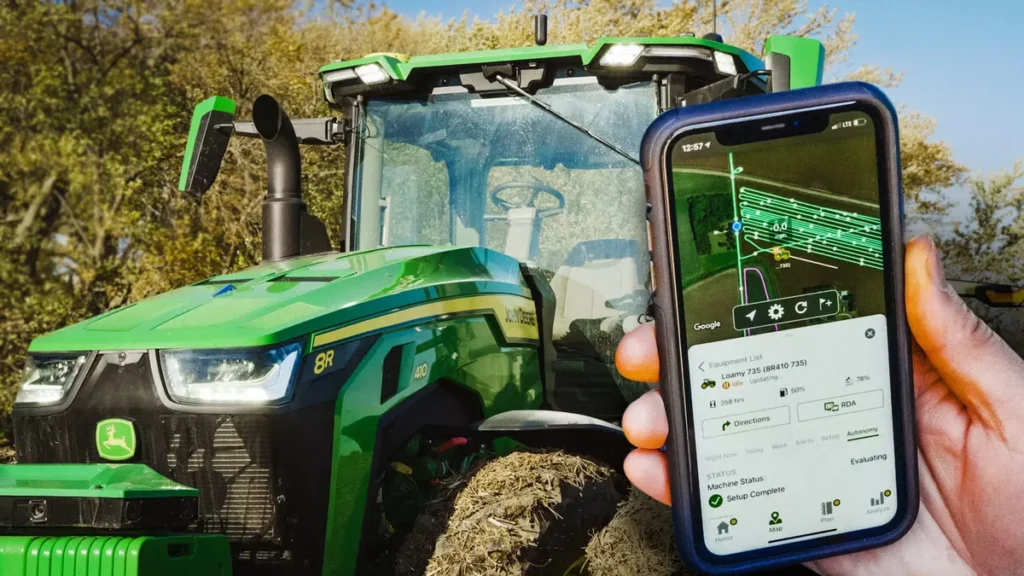
Robotic Harvesting Systems
Autonomous robotic harvesting systems have revolutionized the way crops are harvested on farms. These systems use advanced imaging technology and robotic arms to efficiently and accurately pick fruits and vegetables without damaging them. They can work non-stop, increasing the speed of harvesting and reducing labor costs. Farmers can also program these systems to differentiate between ripe and unripe produce, ensuring only the best quality crops are harvested.
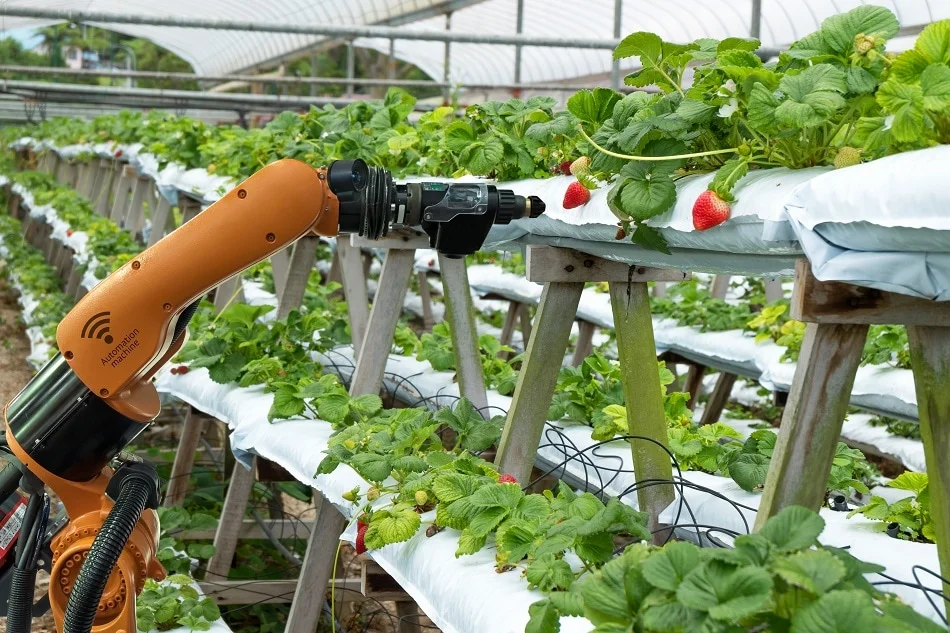
Autonomous robotic harvesting systems have proven to be a game-changer in the agriculture industry. Farmers can now rely on these innovative technologies to improve efficiency, increase productivity, and reduce dependency on manual labor. With the ability to work around the clock, these systems have the potential to significantly impact the future of farming.
Sustainable Farming Implements
Solar-Powered Equipment
One of the most significant advancements in sustainable farming implements is the integration of solar-powered equipment. These innovative tools harness the power of the sun to operate various farming machinery and devices, reducing the reliance on traditional fossil fuels. Solar panels are being used to power tractors, irrigation systems, and even electric fences, making farming operations more eco-friendly and cost-effective.
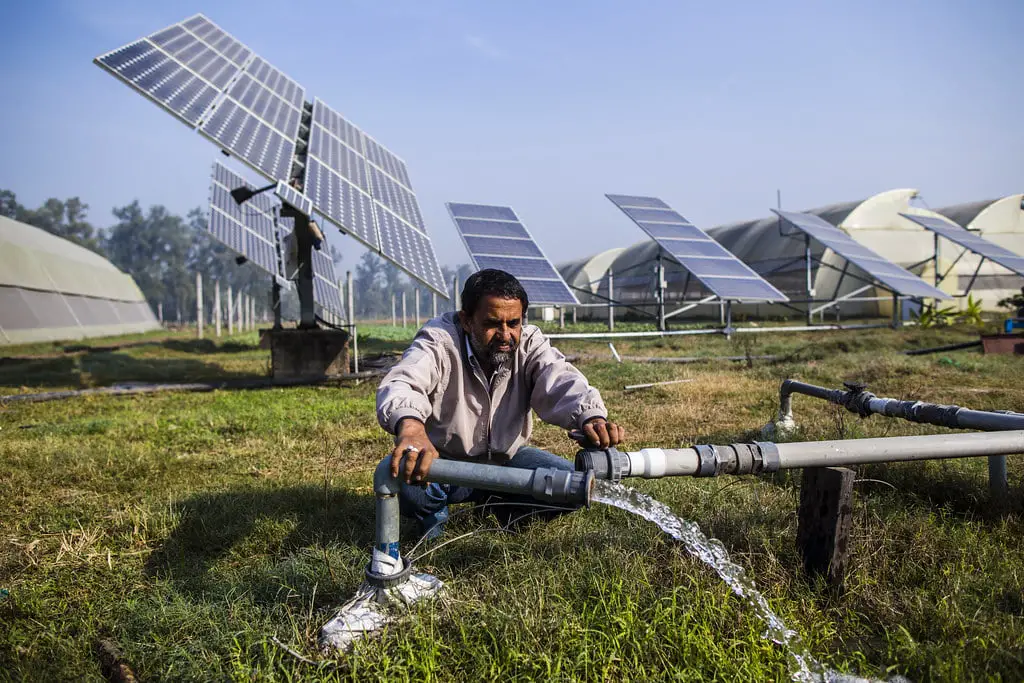
Solar-powered equipment not only helps farmers reduce their carbon footprint but also provides a reliable source of energy in remote areas where access to the grid may be limited. By utilizing renewable energy sources, farmers can increase their sustainability practices and contribute to a healthier environment for future generations.
Water-Efficient Irrigation Tools
With the increasing concerns over water scarcity, water-efficient irrigation tools have become necessary for modern farming practices. These tools are designed to optimize water usage and minimize wastage during irrigation processes. Drip irrigation systems, soil moisture sensors, and precision irrigation technologies are revolutionizing the way farms manage their water resources.
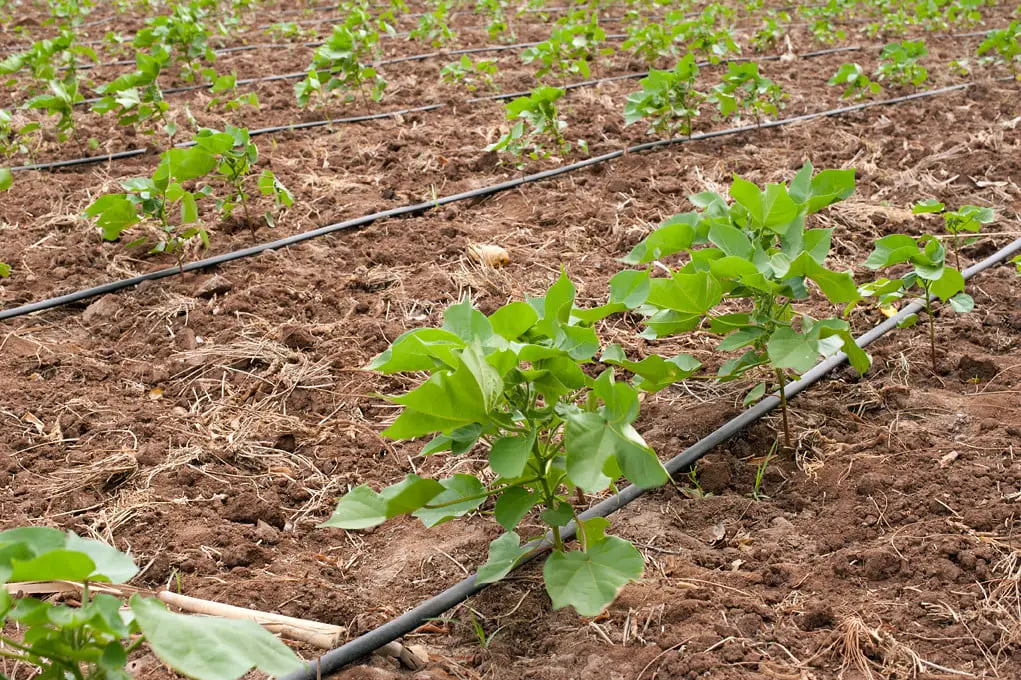
Water-efficient irrigation tools not only help farmers conserve water but also improve crop yields and quality. By delivering the right amount of water directly to the plants’ roots, these tools ensure that every drop counts, leading to more sustainable and productive farming practices.
Farming with water-efficient irrigation tools not only saves costs associated with water usage but also helps protect the environment by reducing water wastage and preventing soil erosion. These tools are necessary for modern agriculture to ensure efficient water management and sustainable farming practices for a thriving agricultural sector.
Biotech Innovations in Agriculture
CRISPR and Crop Improvement
All around the world, agricultural scientists are turning to biotechnology to revolutionize crop improvement. One of the most groundbreaking technologies in this field is CRISPR, which stands for Clustered Regularly Interspaced Short Palindromic Repeats. CRISPR technology allows for precise editing of genes in plants, opening up a world of possibilities for creating crops that are more resilient to pests, diseases, and environmental stresses.
For decades, traditional breeding techniques have been used to develop new plant varieties, but CRISPR offers a level of precision and speed that was previously unimaginable. By targeting specific genes responsible for desirable traits, such as drought resistance or increased nutritional content, scientists can now develop improved crop varieties in a fraction of the time it would take using conventional methods.
Biopesticides and Biostimulants
All farmers are familiar with the challenges posed by pests and diseases that can wreak havoc on crops. In recent years, there has been a shift towards using biopesticides and biostimulants as alternatives to chemical pesticides and fertilizers. Biopesticides are derived from natural materials such as plants, bacteria, and fungi, and target specific pests while being less harmful to beneficial insects and the environment.
For farmers looking to reduce their reliance on synthetic chemicals and adopt more sustainable farming practices, biopesticides and biostimulants offer a promising solution. These biotechnological innovations not only help in pest management but also improve soil health, plant growth, and overall crop productivity.
Biopesticides and biostimulants are gaining popularity in the agricultural industry due to their environmentally friendly nature, minimal negative impact on non-target species, and reduced chemical residues in soil and produce. By harnessing the power of nature through biotechnology, farmers can protect their crops effectively while safeguarding the environment for future generations.
Data Management and Analysis Tools
Farm Management Software
Management in modern agriculture is increasingly being driven by data. Farm management software is at the forefront of this revolution, providing farmers with the ability to track and analyze a wealth of information to improve decision-making and operations. These innovative tools offer features such as crop planning, inventory management, financial tracking, and even integration with IoT devices for real-time monitoring of field conditions.
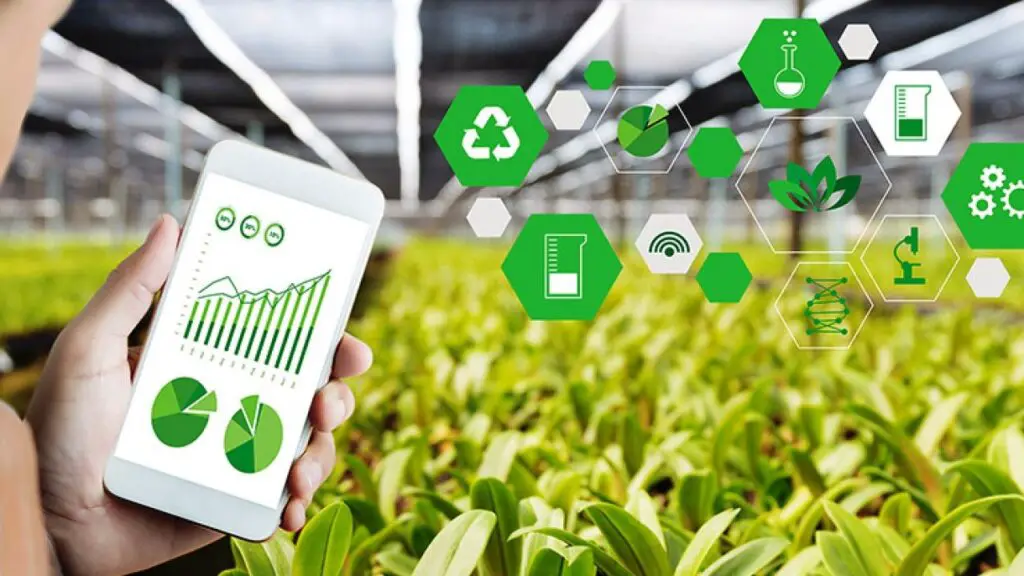
Farm management software provides a centralized platform for farmers to streamline their workflow, increase efficiency, and ultimately boost productivity. By harnessing the power of data, farmers can make more informed choices, optimize resource allocation, and enhance overall sustainability practices on their farms.
Big Data and Predictive Analytics
On the cutting edge of agricultural innovation lies big data and predictive analytics tools. These advanced technologies enable farmers to process vast amounts of information to uncover valuable insights and trends. By leveraging predictive analytics, farmers can anticipate issues such as crop diseases, pest infestations, or yield fluctuations before they occur, allowing for proactive measures to be taken.
Big data and predictive analytics are revolutionizing the way farmers approach decision-making by moving from reactive to proactive strategies. Through the analysis of historical data and real-time information, farmers can optimize their practices, mitigate risks, and ultimately increase both the quantity and quality of their yields.
Big Data and Predictive Analytics More Info
Data management and analysis tools in agriculture are not just about collecting information; they are about interpreting it to drive meaningful change. With big data and predictive analytics, farmers have the potential to transform their operations, improve sustainability, and stay ahead of industry challenges.
To wrap up
Considering all points, it is evident that the agricultural industry is undergoing a significant transformation with the implementation of innovative tools and machinery. From drones and robots to precision agriculture technologies, these advancements are revolutionizing the way we cultivate crops and raise livestock. As we continue to embrace these innovations, it is vital for farmers and agricultural professionals to stay updated on the latest trends and incorporate these technologies into their practices to maximize efficiency, productivity, and sustainability in the ever-evolving agricultural landscape.
FAQ
Q: What is Precision Agriculture?
A: Precision Agriculture is a farming management concept that uses specialized tools and technologies to optimize crop yields and efficiency. It involves the use of GPS, sensors, drones, and other advanced machinery to measure and respond to variability in crops.
Q: How do Autonomous Tractors benefit farmers?
A: Autonomous Tractors are self-driving vehicles that can perform various tasks in the field without human intervention. They help farmers by reducing labor costs, increasing productivity, and allowing for precise and efficient operations like planting, seeding, and spraying.
Q: What role do Drones play in modern agriculture?
A: Drones have become imperative tools in agriculture for tasks such as crop monitoring, field mapping, and pest control. They can provide real-time data and images to help farmers make informed decisions about irrigation, fertilization, and overall crop health.

